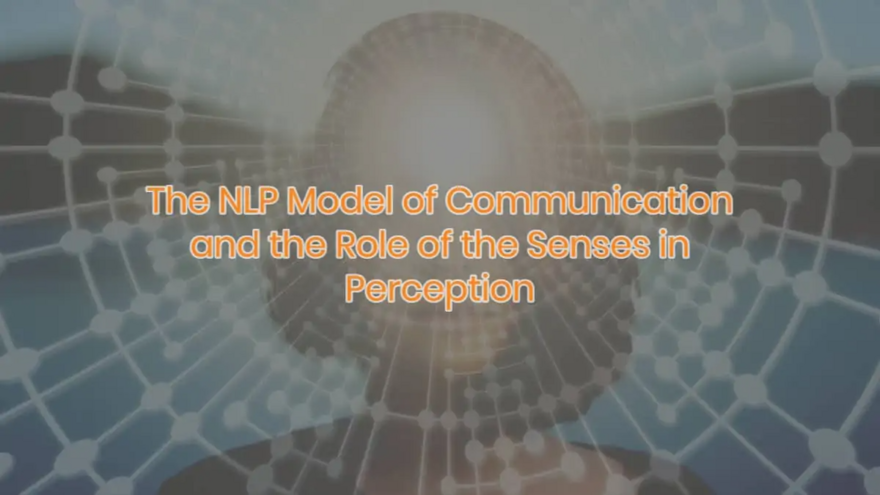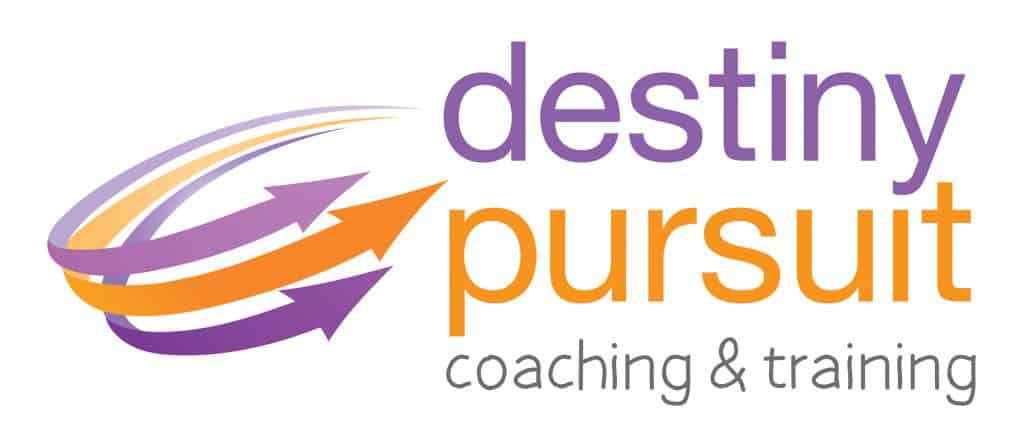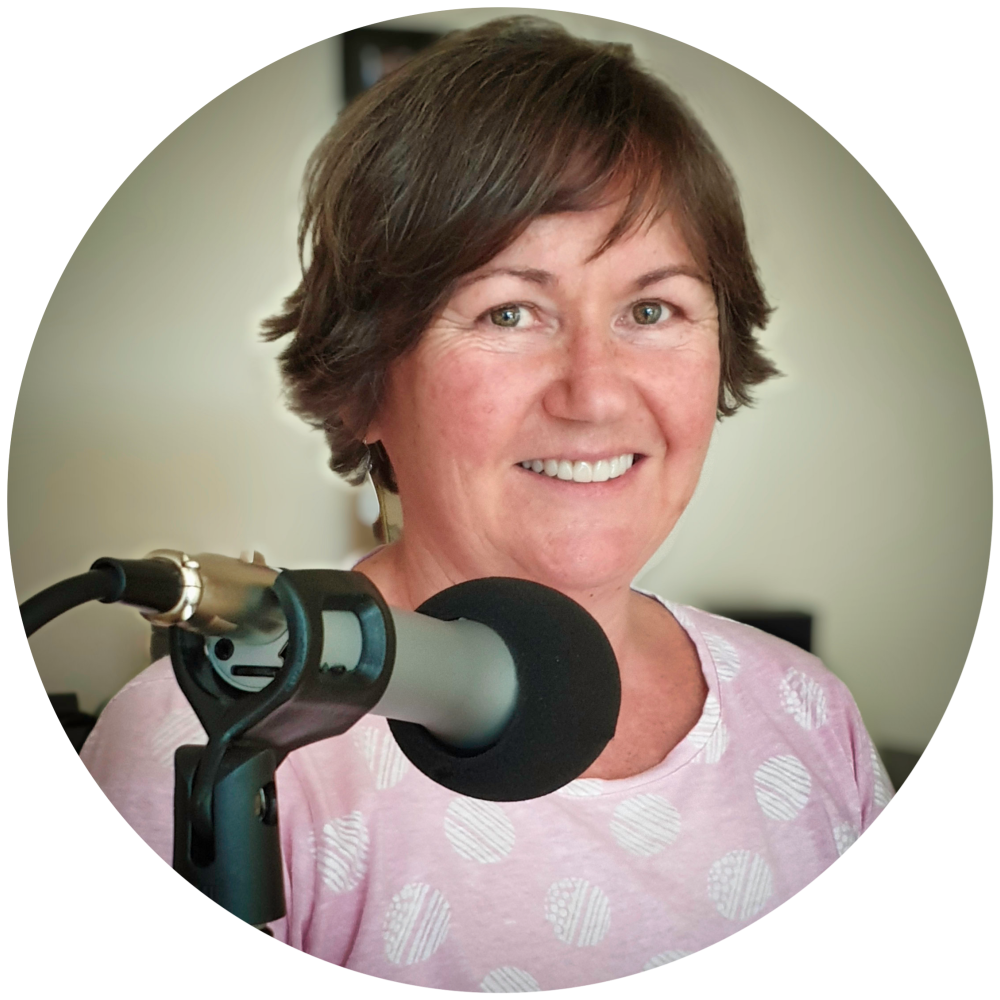NLP Model of Communication and the Role of the Senses in Perception - NLP Matters, Episode #037

In this episode, we begin another season of the NLP Matters Podcast and start to delve into the totally fascinating workings of the human mind from the perspective of NLP. We’ll be examining things like what NLP has to say about consciousness, the nature of reality, thinking, and communication. We’ll start that conversation by looking at the NLP Model of Communication and the Role of the Senses in Perception.
Listen to the podcast to learn more.
Listen to the Podcast
Here are some key takeaways from this episode:
- Our five senses - the senses of sight, hearing, touch, smell, and taste, play an important part in helping us become aware of our reality. In NLP, we call the five senses - Visual, Auditory, Kinesthetic, Olfactory, and Gustatory.
- One of the ways we know there is a reality out there is we “sense” things outside of ourselves. We know that there are things around us in our external world because our senses collect information from it.
- Our senses on their own are really all that tell us about the object or experience that is out there. They are the only way we get access to information about the world that is external to us. Therefore, we cannot and it’s impossible to simply internalise this external reality.
- The internal version of an external event is just a version or representation of that external experience. We “RE-PRESENT” the external experience internally, and all we can do is interpret the external event via the information that our five senses provide to us.
- German Biologist and Semiotics Expert, Jakob von Uexkull, coined the term “UMWELT”, which he refers to as where an individual turns physical stimuli (through our senses) into what he called, “patterns of neurological excitation which constitute signs”, or in other words, meaning.
- According to Uexkull, the whole process is unconscious and the meaning we make from the process to us as an “objective reality”, even though it can’t be. We have no idea we are doing it moment by moment, and we act as if what we perceive is the reality and not just our perception and interpretation of it.
- Our senses form our basis of cognition or our knowing of the world. They collect information that is then transmitted through the neurons in our brain, which is then transmitted into our central nervous system where the information is processed.
- We cannot and it’s impossible for us to directly access the external world. It can only be interpreted. We can only internalise information from the external world which then has to be transformed or interpreted into MEANING.
- Everyone interprets data in slightly different ways. In order for everybody’s representation of the external experience to be the same, our senses would have to pick up EXACTLY the same things all the time. Additionally, our physiology - our physical make-up would have to be exactly the same as well, because our neurology would need to be identical.
- Our neurology or neural network takes information gleaned from an external experience and turns it into a representation of the world for us. It is not our eyes that actually tell us what we're seeing. Our eyes take in the information and encode it into the electrical impulses and transfer it through to our central nervous system. We are never seeing things as they are. We only get to see what our senses and our neurology allow us to see.
- The brain is very plastic or changeable. We have the capacity to rewire and re-allocate within our neurology. Even if there might be an area of the brain that sustained some damage; because the demand is still there for that function to be performed over a protracted period of time, our neurology can reallocate that.
We can now see what an important role our senses play in the way we construct our reality. But it’s not the full story and nowhere near it! As we continue with our new season of the NLP Matters Podcast, we’ll continue to look at the fascinating subject of the human mind and what NLP has to say about consciousness, thinking and communication.
In our next episode, we’ll discuss in more detail how we construct our internal representation of the world.
Listen to the Podcast
Joanne Clark
Joanne Clark is an Internationally accredited Master Trainer of NLP who has been delivering NLP training since 2011. Being on her feet in front of training rooms is where Jo loves to be and her passion for inclusive and immersive training that delivers outstanding learning outcomes is apparent to everyone in her training rooms. On average Jo delivers 140 days of training per year in addition to online webinars, guest speaker events and group coaching.
“NLP is at the core of all my training and coaching, it is at the core of who I am, how I interact and connect with people. I am absolutely passionate about spreading the NLP tools across the planet as I endeavour to support Robert Dilts’s vision of Creating a world to which people want to belong.” Joanne Clark
Certified Master Trainer of NLP; Master Practitioner NLP, Hypnotherapy & Matrix Therapies; Performance Coach; Cert IV Coaching; Advanced Practitioner in Coaching; Cert IV in Business; BA(Hons); Majors in Sociology and Psychology; Parent Education Leadership Training (PELT) Certificate; Mother of four children; Private Pilot (PPL); Diploma in Life Coaching


0 comments
Leave a comment
Please log in or register to post a comment